The White Pele.
Perhaps the only reason Arthur Antunes Coimbra isn’t held in higher esteem in the modern age is because he never played for a European club giant, starring only for modest Udinese in Serie A.
However this makes the legend that was Zico even more remarkable. In a time when there was no internet and little global TV coverage, everybody knew who Zico was; for a period, the best player on the planet.
He became an idol in the streets and playgrounds around the globe, where millions of school kids would ‘bagsy’ his name – ‘I’m Zico!’ A few of those he inspired went on to become quite handy at football themselves, with stars like Roberto Baggio, Leonardo and Ronaldo all naming Zico as their childhood idol.
Standing just over 5ft 7” and with a body almost waif-like, Zico was far from physically imposing. Very early in his career he was placed on a special diet and had to follow a specific muscle development program which helped cultivate a strong enough body that would be deemed suitable for the rigours of the professional game.
His technique however, was never in question. A fantasista who could use both feet, possessing sublime dribbling skills and passing, he is perhaps most famously remembered as one of history’s greatest free-kick experts. Zico developed his unerring accuracy from dead balls by practicing for many hours, and by hanging a shirt in the top corner of the goal for target practice.
Like many fantasisti, he could both create and finish, stating:
Being the arrow and the bow came naturally to me.
However like all great playmakers, his primary objective was to provide his team mates with goal-scoring opportunities:
My philosophy was simple: try to find the strikers first.
Arguable Brazil’s second greatest number 10, from 1978 – 1986 he starred in the three World Cups, wearing what is possibly the most iconic shirt in football. Many players would have been worn down by the sheer weight of expectation placed upon them in wearing the Seleção’s most prized possession, but not Zico, who drew praise from its most famous occupant, Pele:
Throughout the years, the one player that came closest to me was Zico.
Perhaps the greatest fantasista of them all, Diego Maradona had this to say:
A director of games. They chucked Pele’s number 10 jersey at him and it fitted like a glove. He had the authority of a great leader. A sensational bloke and a fantastic player.
Whilst he never reached the heights of Pele in terms of winning a World Cup, he is still part of its history by being part of the infamous 1982 team many believe was the greatest team never to win the tournament. The ‘86 team wasn’t too bad either, but Brazil crashed out the tournament on penalties to France – and his fantasista nemesis throughout the early 80s – Michel Platini.
At club level he formed a career in his native land with hometown club Flamengo from 1971-1983, winning the Copa Libertadores in 1981 and then the Intercontinental Cup, beating the glorious Liverpool team 3-0, thus establishing his status as a legend in Rio. 1983 saw a personal zenith reached in being crowned World Player of the Year.
It was then to Italy, where he signed for Udinese. However, even Zico was unable to fire a mediocre side to success; though he formed a strong rivalry with fellow fantasisti Michel Platini and Diego Maradona, providing spectacle and excitement whilst battling for the Capocannoniere crown in Serie A.
After only two seasons in Europe he returned to his beloved Flamengo, then ended his career playing in Japan where he remains extremely popular, in no small part to his help in launching the new J-League.
Vital Stats
- Born: 3rd March 1953 in Rio de Janeiro (Brazil)
- Height: 1.72m / 5ft 7 1/2
Club Career
- 1971-1983: Flamengo – 212 apps / 123 goals
- 1983-1985: Udinese – 39 apps / 22 goals
- 1985-1989: Flamengo – 37 apps / 12 goals
- 1991-1994: Kashima Antlers – 45 apps / 35 goals
- Totals: 334 app / 193 goals
International
- 1976-1988: Brazil – 72 caps / 52 goals
Honours
- World Player of the Year: 1983
- South American Player of the Year: 1977, 1981, 1982
- Rio State Championship 1972, 1974, 1978, 1979, 1981, 1986
- Brazilian Championship 1980, 1982, 1983, 1987
- Copa Libertadores 1981
- Intercontinental Cup 1981
- J – League Suntory Series 1993

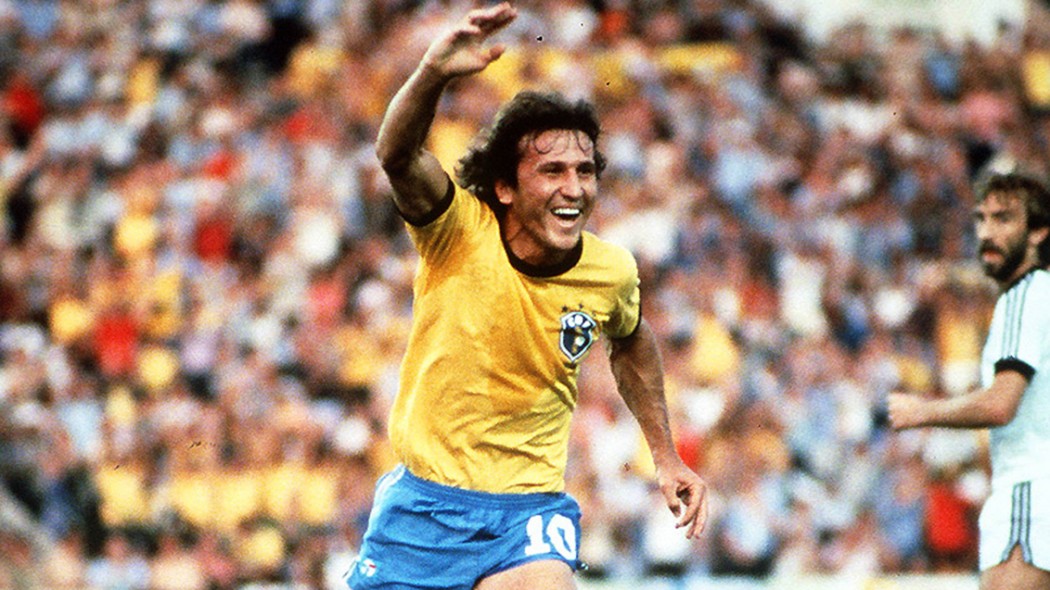


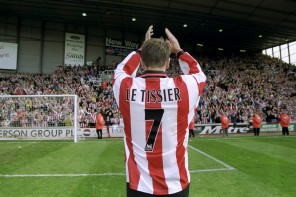
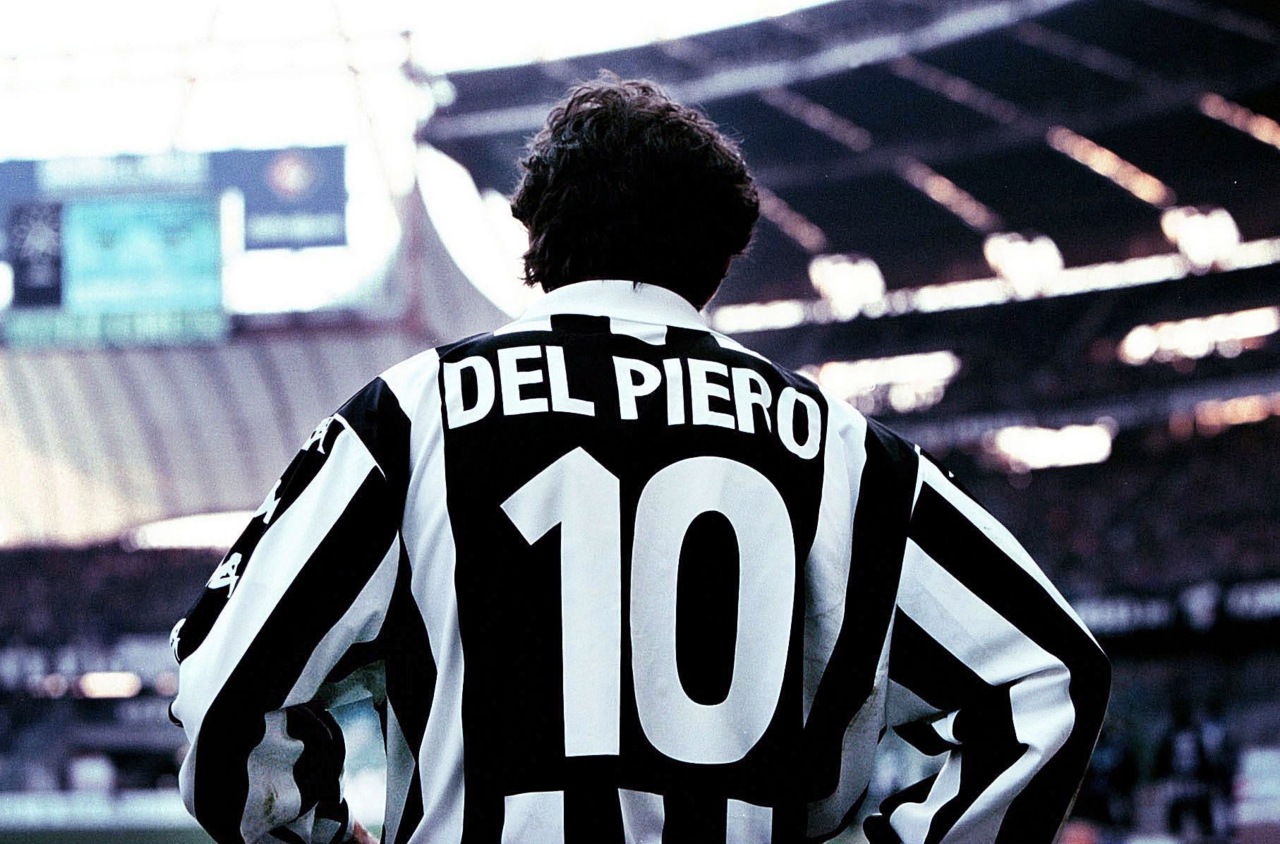
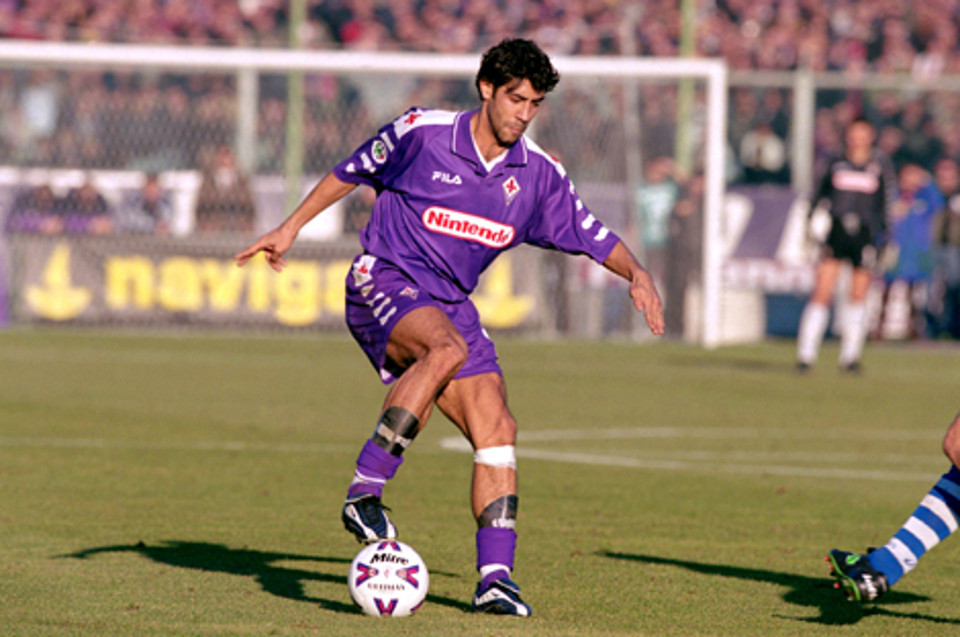
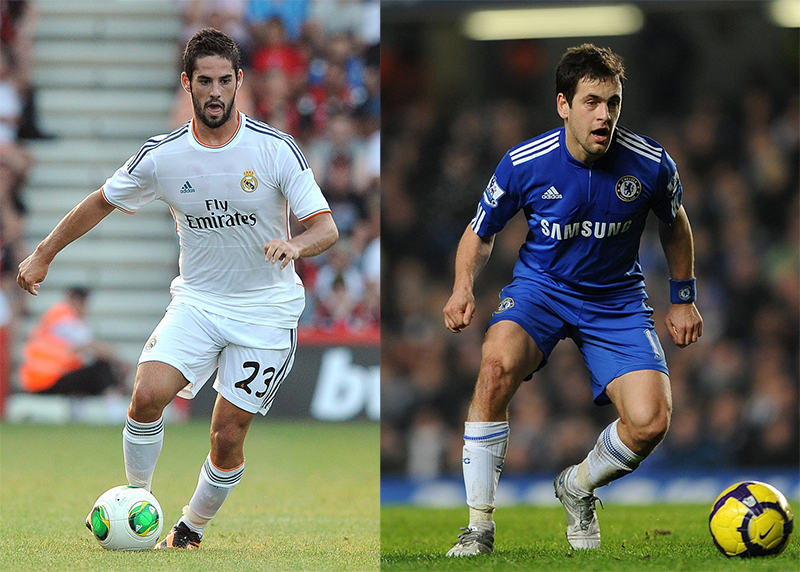
4 Comments